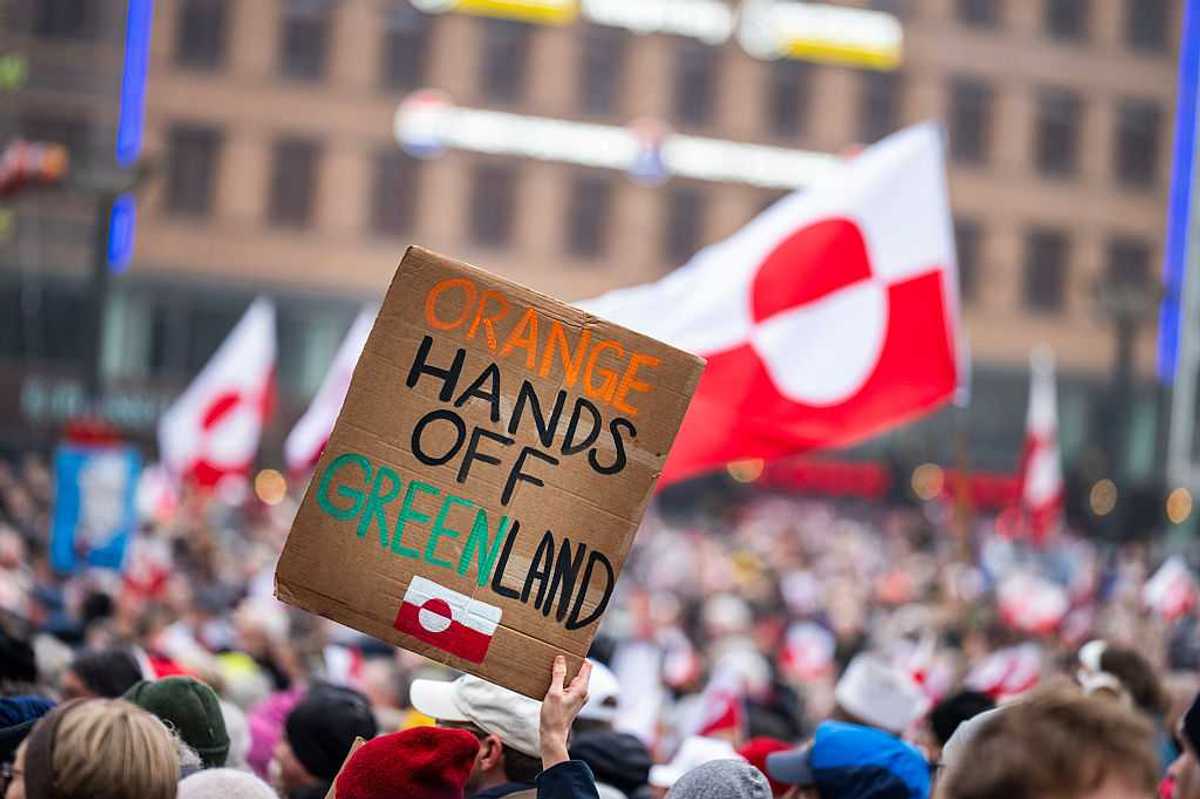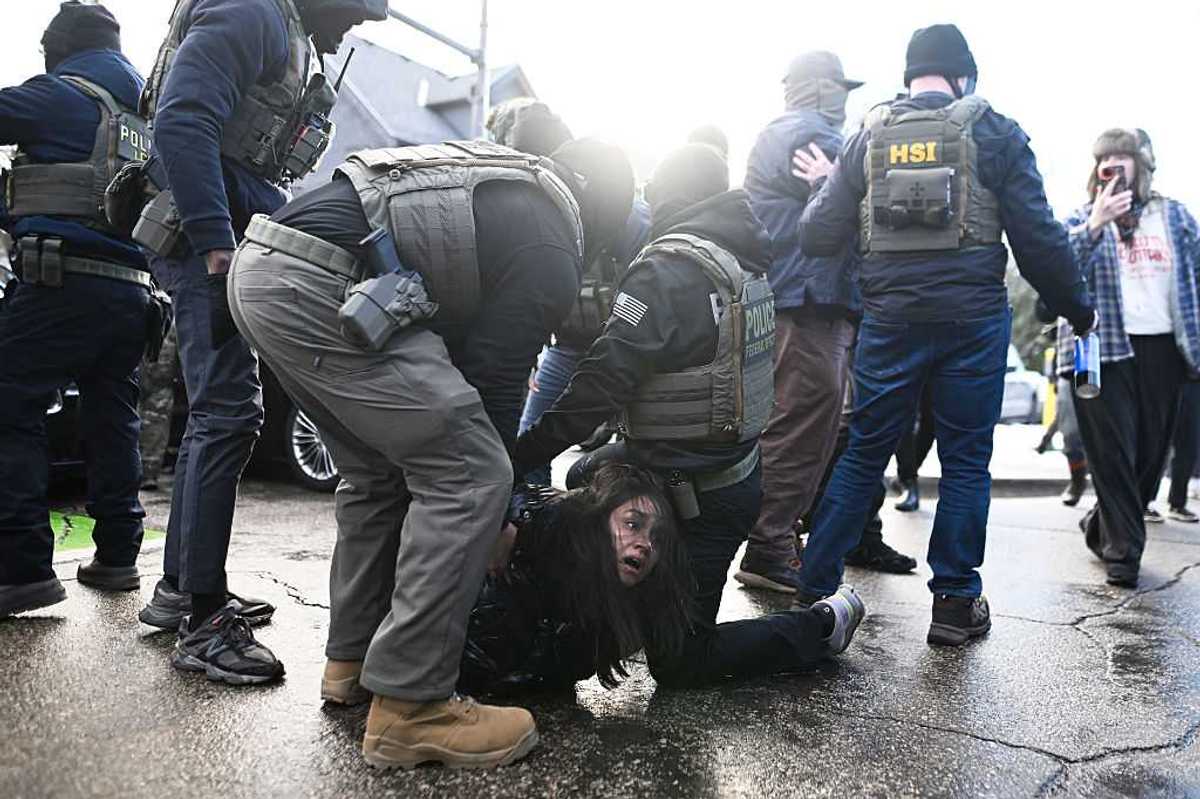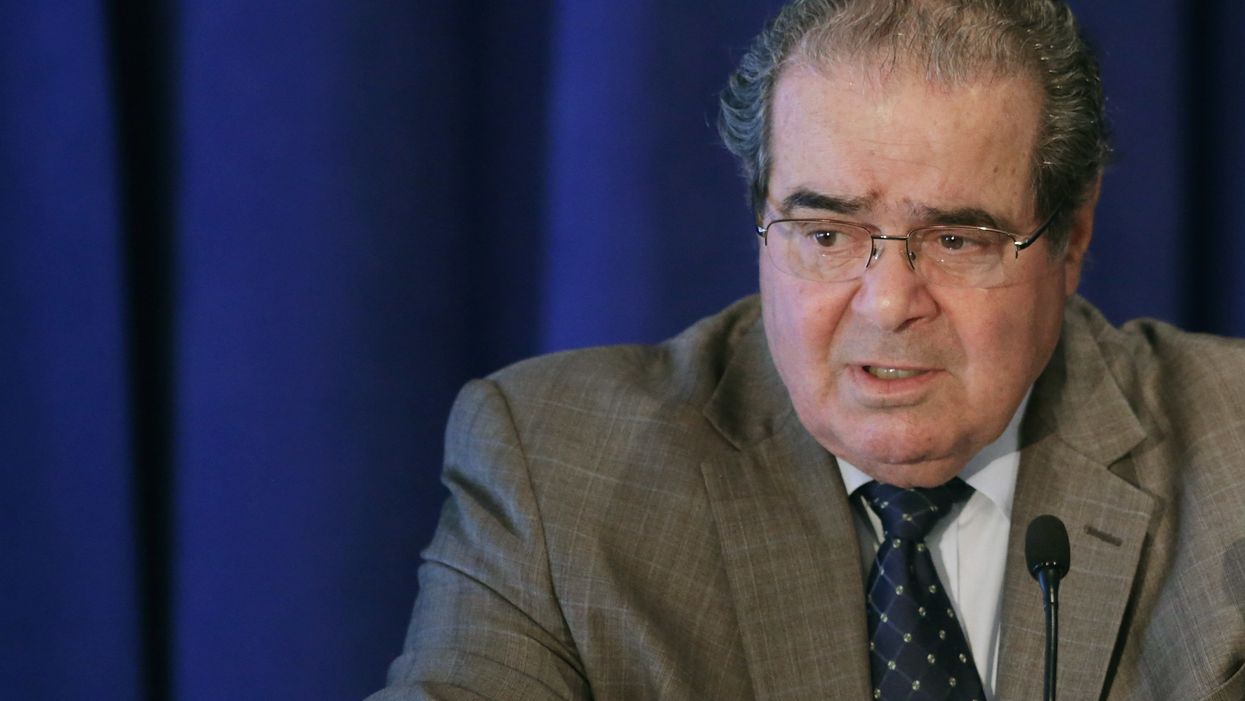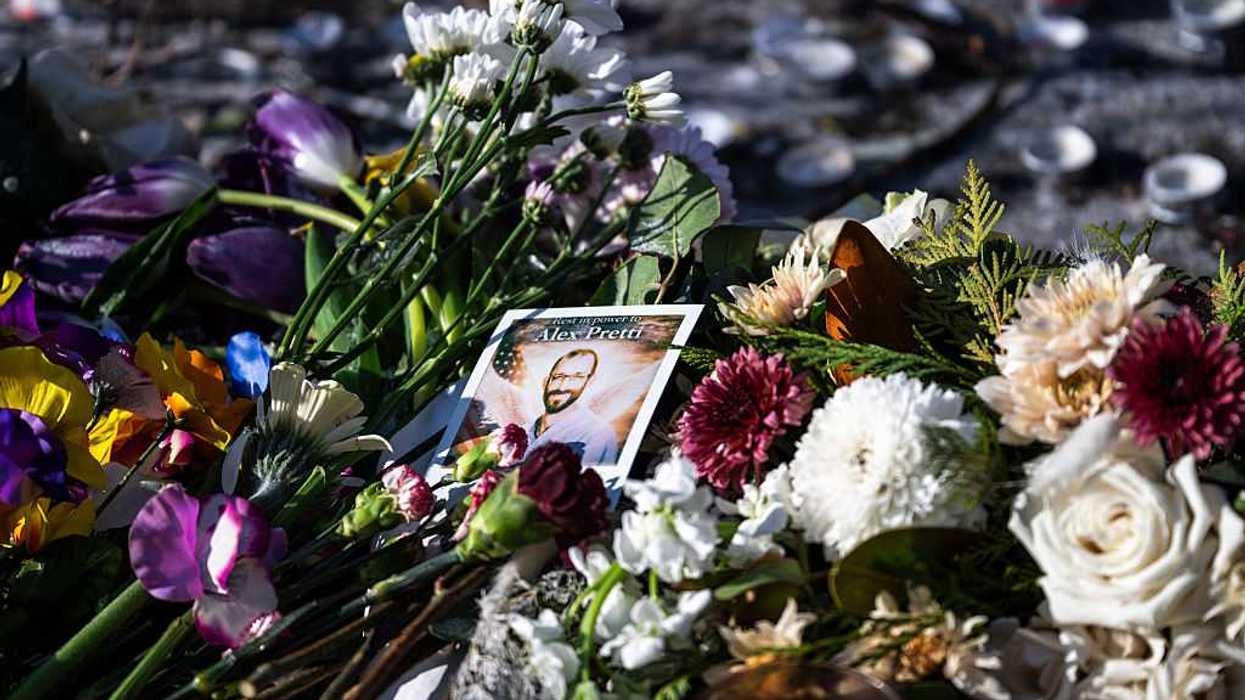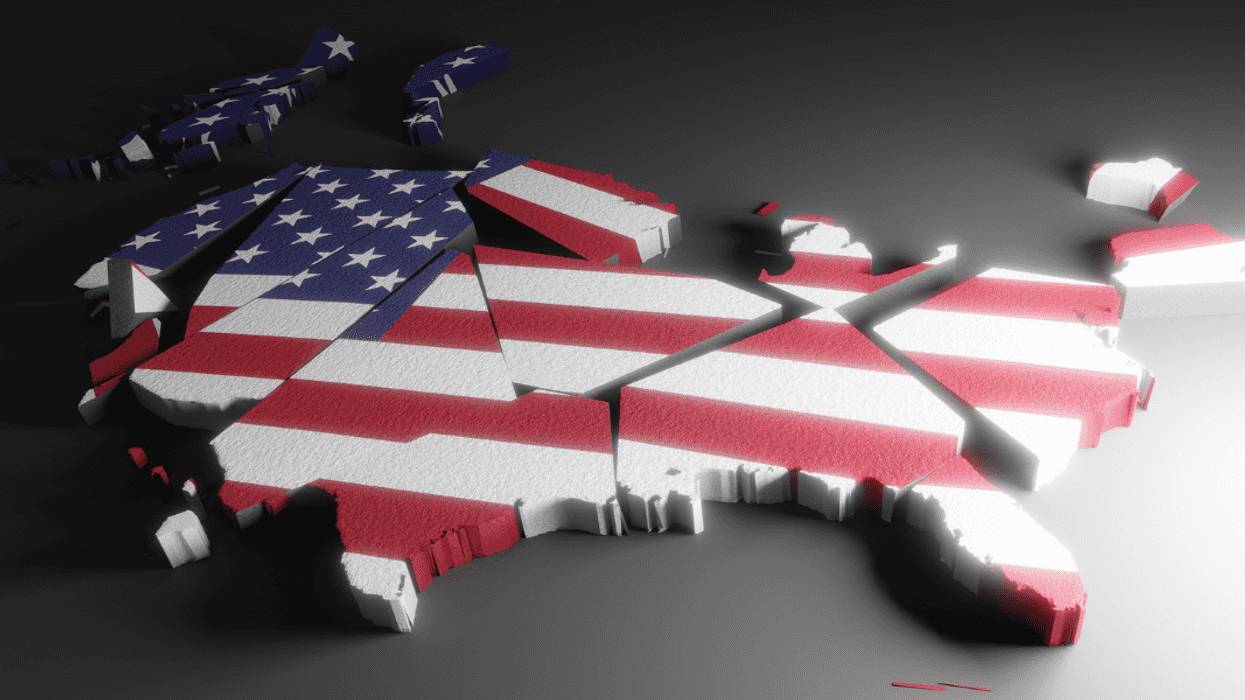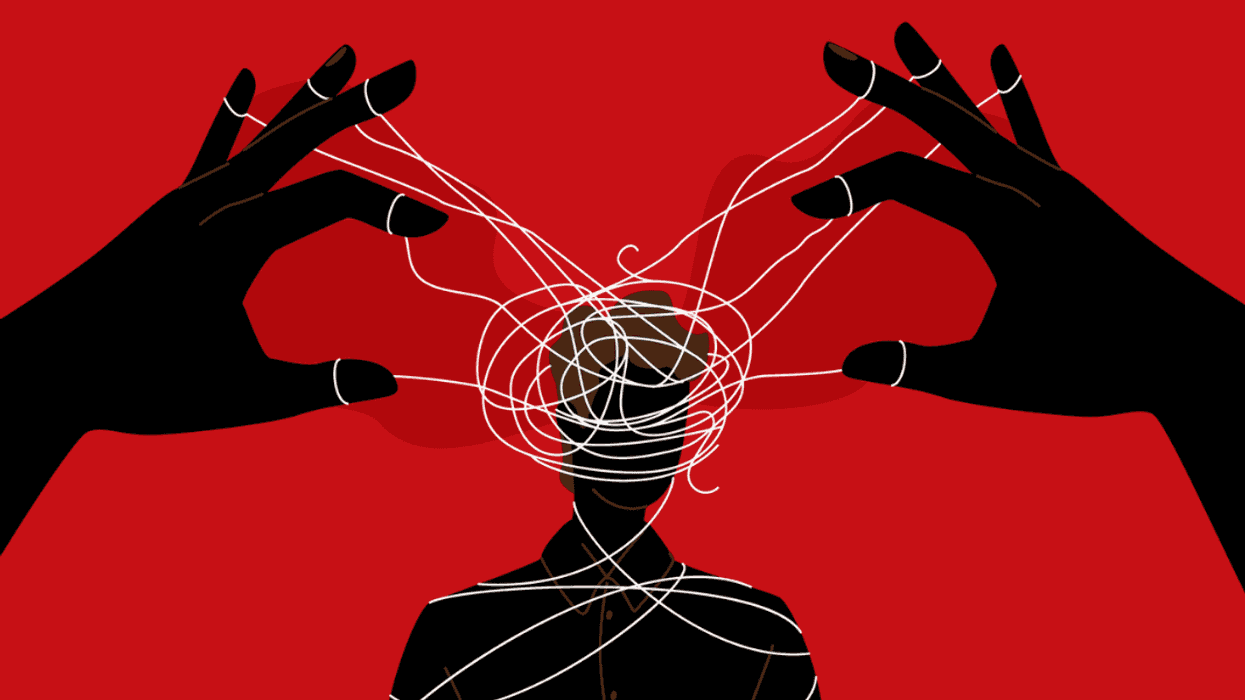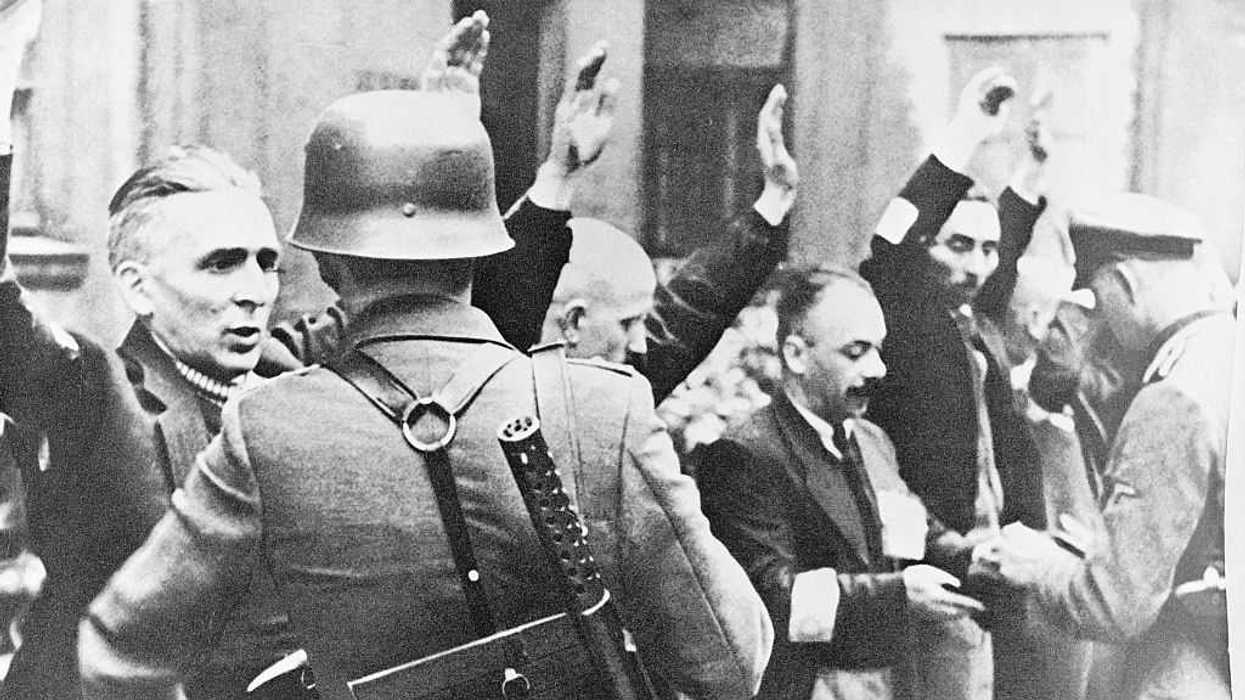Wamp is a senior political strategist at Issue One, a cross-partisan political reform group. (It is incubating, but is journalistically independent from, The Fulcrum.)
A dear Australian friend of mine, greatly annoyed by the pageantry of American elections, once remarked that in Australia one would not dare put a political sign in the yard. This uniquely American tradition is said to date back to the 1824 re-election bid of our sixth president, John Quincy Adams.
While far from a requirement of an active citizen, the tradition of publicly displaying your support for a candidate for office speaks to our collective "civic courage." "Without which democracy is doomed," the late Supreme Court Justice Antonin Scalia wrote in a 2010 opinion.
It's as though we channel our inner John Hancock when we proudly decide to slap on a candidate's bumper sticker.
"I dare you to key my car!"
But in the increasingly high-dollar affairs that are congressional and presidential campaigns, the age-old American tradition of standing proudly behind your candidate has been replaced by a shell game of billionaires and corporate interests intentionally hiding their political activity.
Some Republicans rationalized a "more the merrier" approach to the proliferation of dark money in the wake of the Supreme Court's Citizen's United decision. That has proven to be a naive hope, primarily because it was rooted in the belief that Republicans would win a billionaire donor arms race and that more super PACs and loosely regulated 501(c)(4) groups would support their candidates.
A wise man (my father, former GOP Rep. Zach Wamp of Tennessee) once taught me that "neither party has an exclusive on integrity or ideas." This explains how Democratic candidates enjoyed far more dark money support in the 2018 midterm elections than did Republicans, despite many liberal activists claiming moral high ground on the issue of dark money for years.
The truth is that no one wins in this obvious race to the bottom. But it's also true that liberals have invested much more effort in fixing the broken system, which allows rampant abuse by wealthy donors and undermines a core principle of the American democratic system: disclosure.
The average political observer likely equates dark money with the many conservative groups, funded by the Koch brothers, that have dumped hundreds of millions of dollars into elections over the past decade. It's true that the Koch brothers are among the most storied participants in the post- Citizen's United era, but it's the overemphasis on their activities that has caused conservatives to grow complacent about the alarming trend of undisclosed money flowing freely into our elections.
As long as the Koch brothers have been known as poster boys of the the dark money era, conservatives who may appreciate their efforts have bought into a false narrative by remaining on the defensive.
Research by Issue One in late 2018 revealed that several of the richest dark money groups are, as you may suspect, funded by liberal activists. Planned Parenthood Action Fund, which doesn't apologize for its mission to thwart pro-life candidates, is among the most active political organizations that does not disclose its donors.
Through their exhaustive efforts, Issue One's researchers unearthed the identities of 32 Planned Parenthood Action donors by searching alternative filings in disparate databases. For example, the foundation of Warren Buffett's first wife, Beth, has given a whopping $26 million.
Although the prevailing narrative has been that conservative groups have taken the lead in leveraging our contorted campaign finance laws, the conversation should change based solely on the fact that 54 percent of the $150 million of dark money in the 2018 election was spent on behalf of Democratic candidates. A total of 31 percent was spent in support of Republicans candidates and bipartisan groups made up the remaining 15 percent.
Beyond the high-profile dark money organizations, there are even more sinister possibilities in the wake of Citizen's United. Since super PACs are only required to disclose contributing entities, there aren't laws in place to prevent groups like Planned Parenthood from funneling money into state-level organizations, which could then give the money to a nondescript super PAC, without a reliable paper trail. In fact, that's exactly what happened last year when a super PAC affiliated with Senate Democrats exploited a loophole to avoid disclosure requirements while attempting to influence the Republican primary in Arizona.
What does that mean to ordinary citizens in a state like Tennessee, where I live? It means that dark money groups could buy ads attacking a popular pro-life politician under a bogus PAC name like "Tennesseans for Good Decisions." In this hypothetical scenario voters would have no way of knowing that a political hit job was funded by a contribution from the country's best known pro-choice organization.
Solutions are in the works, such as the Political Accountability and Transparency Act, introduced by Democratic Rep. Kathleen Rice of New York and GOP Rep. Mike Gallagher of Wisconsin. Their bill would attempt to track dark money that was passed through state-level groups to prevent potential abuses like the one described above.
With the 2018 election cycle proving that neither party will ultimately benefit from a system that subverts disclosure, fellow Republicans must now recognize the urgency required to ensure that disclosure in American elections continues into the 21st century.
To Scalia's point about "civic courage," we should all demand that if you want to influence elections here in the world's longest running democratic republic, then you should have the guts to tell us who you are.



